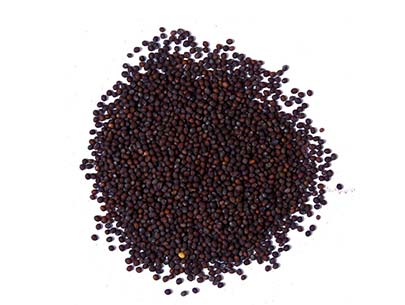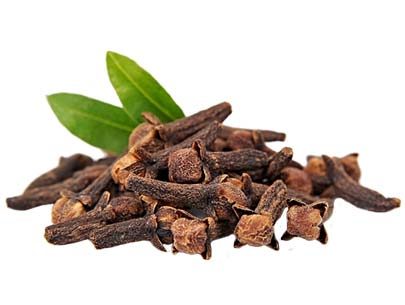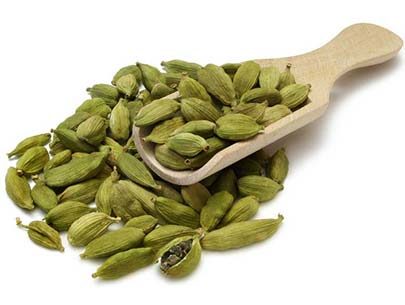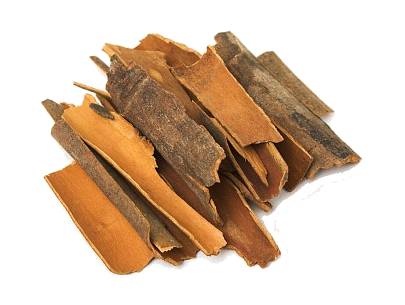Subtotal: ₹108.47 (ex. GST)
Mustard seeds are small, round seeds derived from the mustard plant, belonging to the Brassicaceae family. These seeds have been used for centuries both as a spice and for their medicinal properties. They come in different varieties—primarily yellow (or white), brown, and black—each with its own distinct flavor and pungency level. Yellow are mildly spicy and commonly used in American mustard condiments, while brown and black seeds are more intense and popular in Indian and Southeast Asian cuisines.
Rich in essential nutrients, for a powerhouse of health benefits. They contain selenium, magnesium, omega-3 fatty acids, and dietary fiber. These components contribute to their anti-inflammatory, antibacterial, and antioxidant properties. Regular consumption of may help in digestion, reduce the severity of asthma, lower blood pressure, and provide relief from muscle pain and arthritis.
Culinarily, are incredibly versatile. When dry-roasted, they release a nutty aroma and are often added to tempering (tadka) in Indian dishes. Ground it are used in spice blends, sauces, pickles, and marinades. In many cultures, mustard oil—extracted from the seeds—is used for cooking and as a traditional remedy for various ailments.
It also hold significance in traditional medicine systems such as Ayurveda and Traditional Chinese Medicine, where they are used to stimulate appetite and treat respiratory disorders. Due to their preservative quality, they are widely used in pickling and food processing.
In agriculture and industry, mustard plants are valued for their bio-fumigant properties, helping to control pests and improve soil health.
In summary, mustard seeds are not only a kitchen essential but also a valuable ingredient in holistic health and sustainable farming. Their rich history, combined with culinary and medicinal benefits, make them a truly remarkable spice.
| Weight | N/A |
|---|






